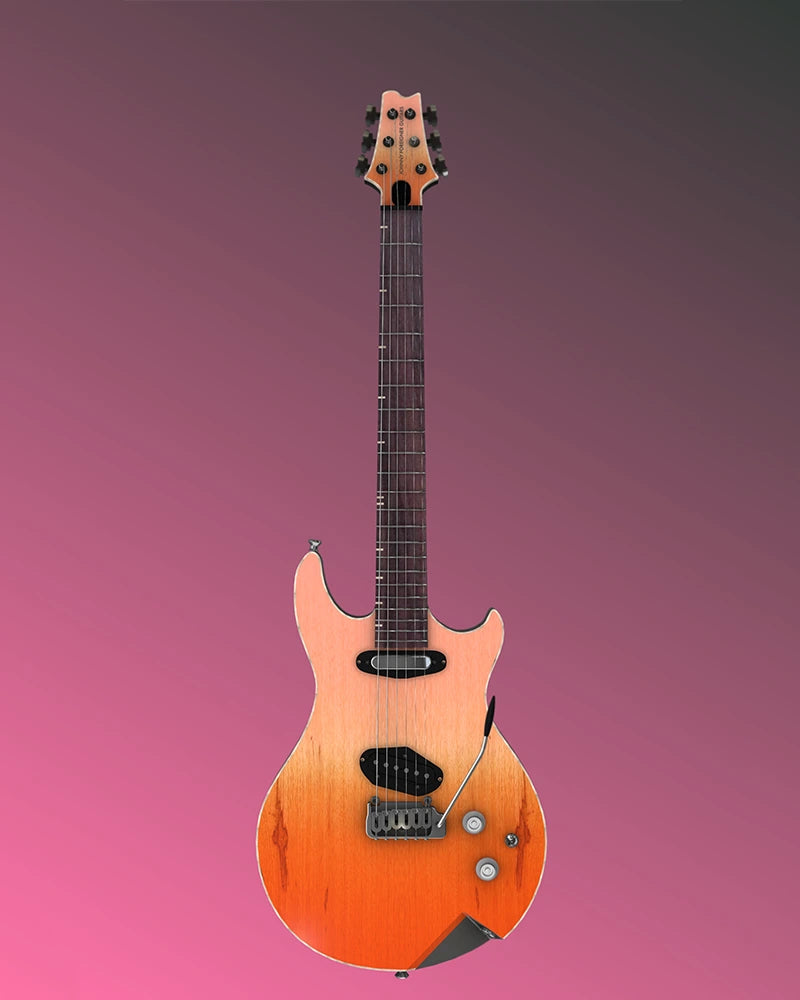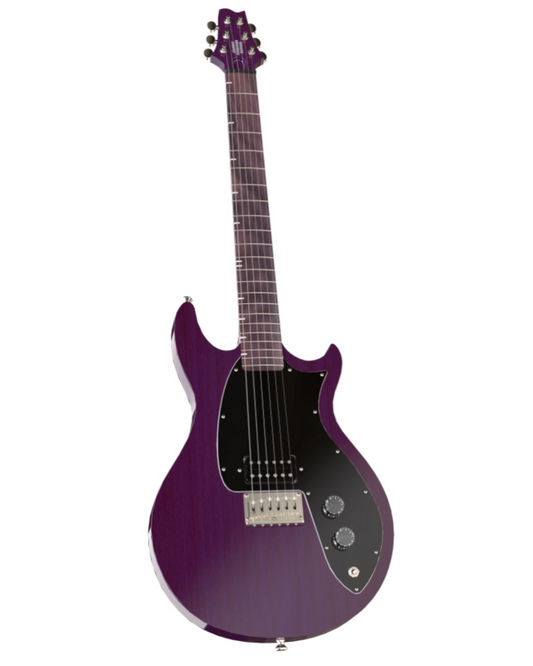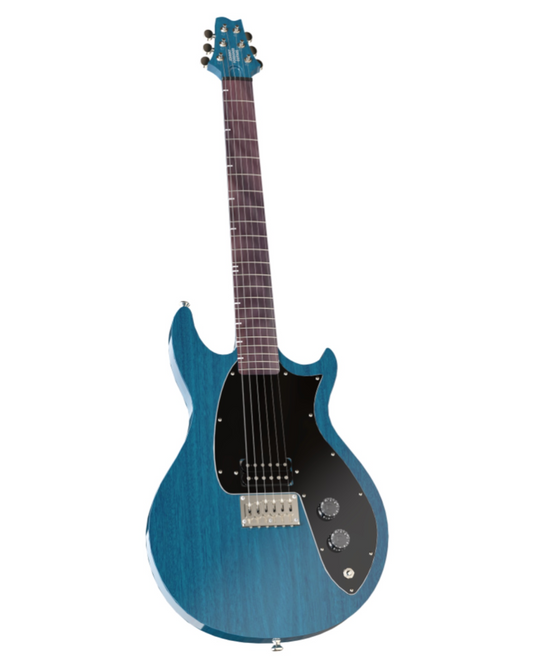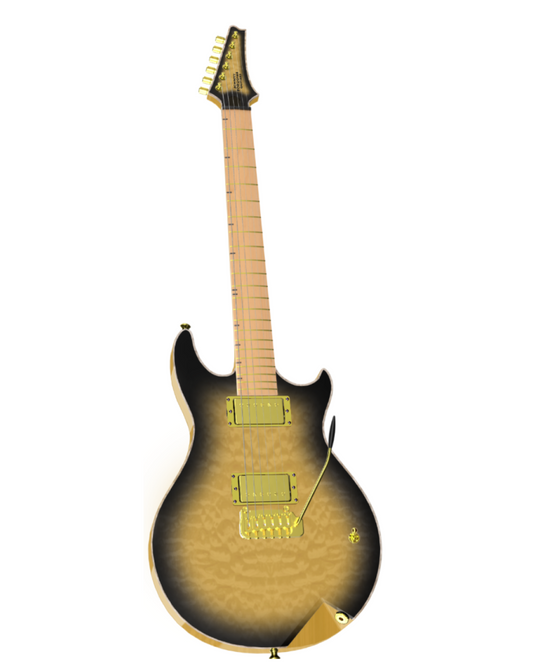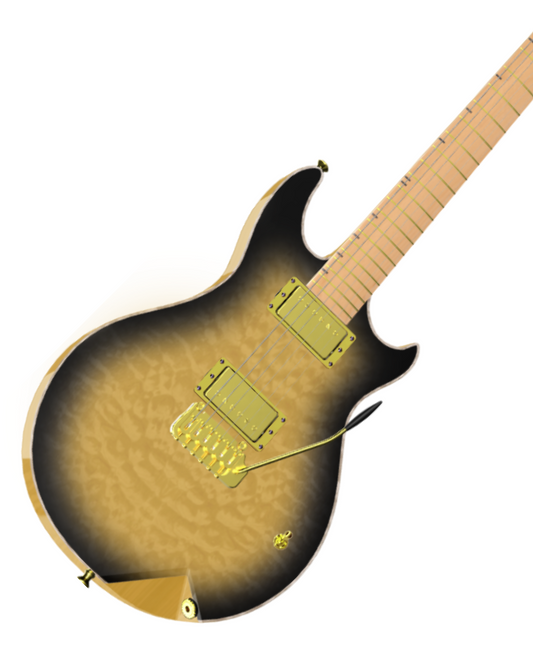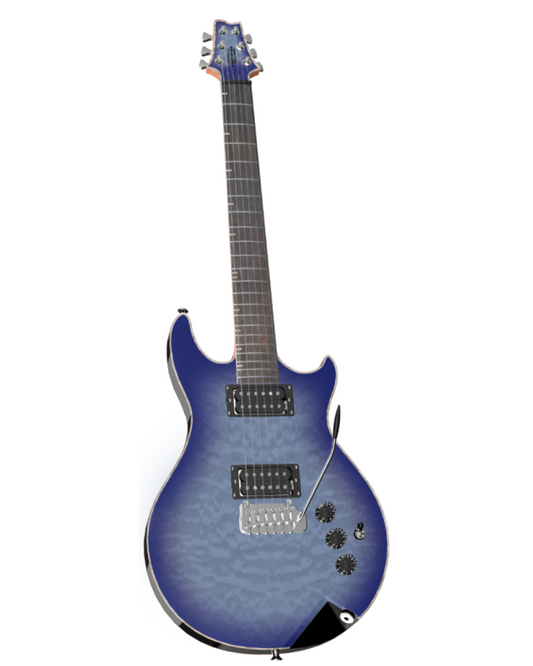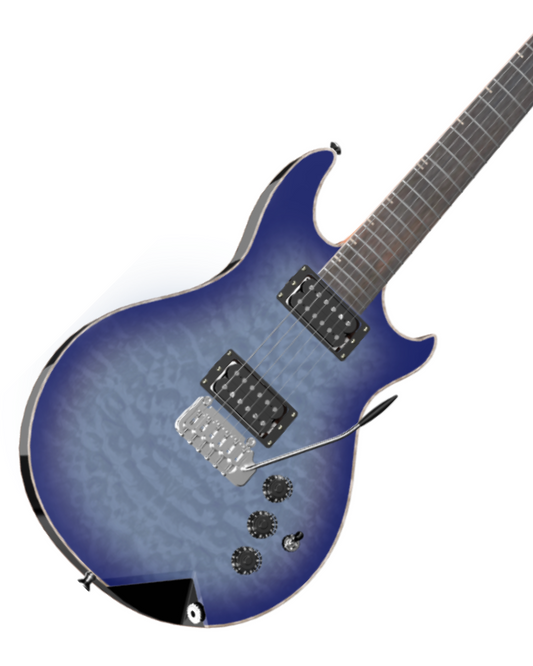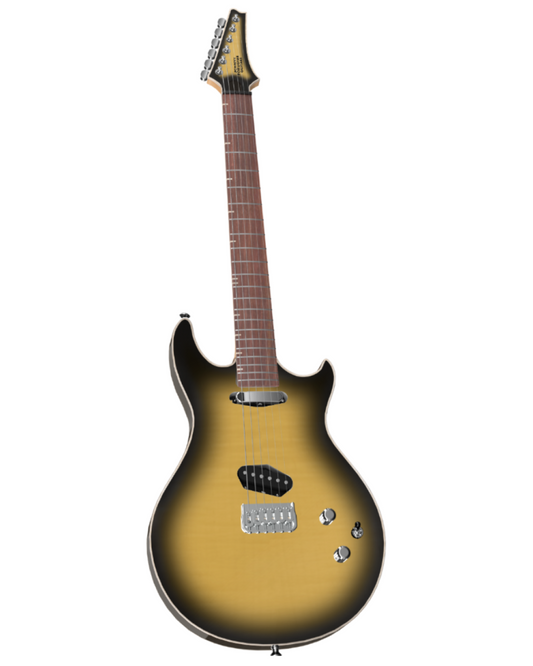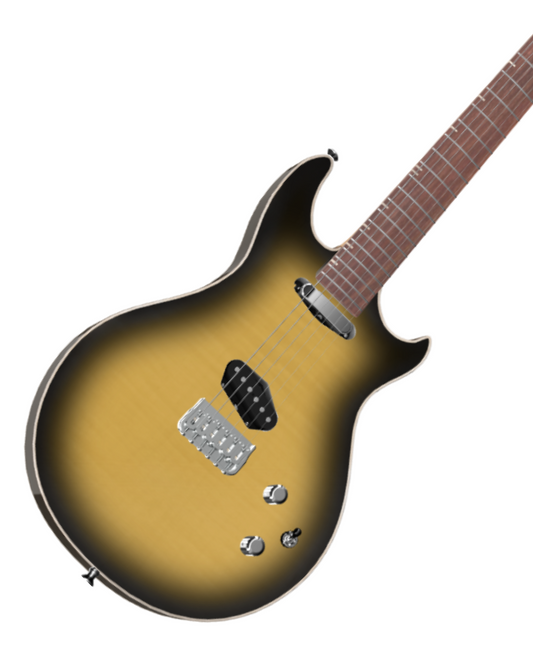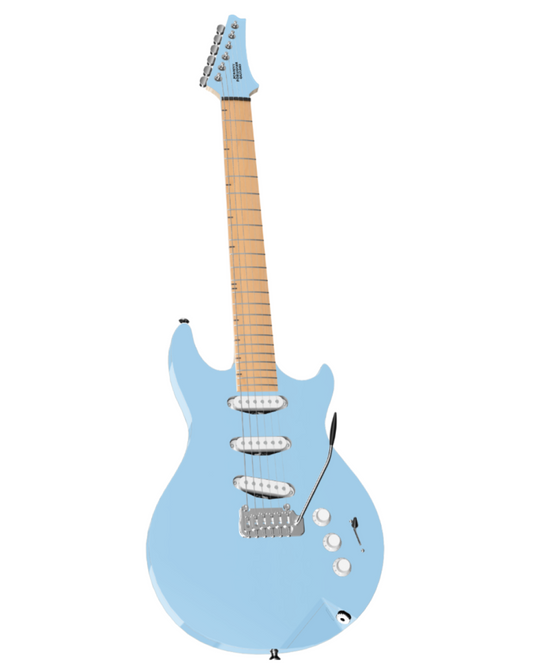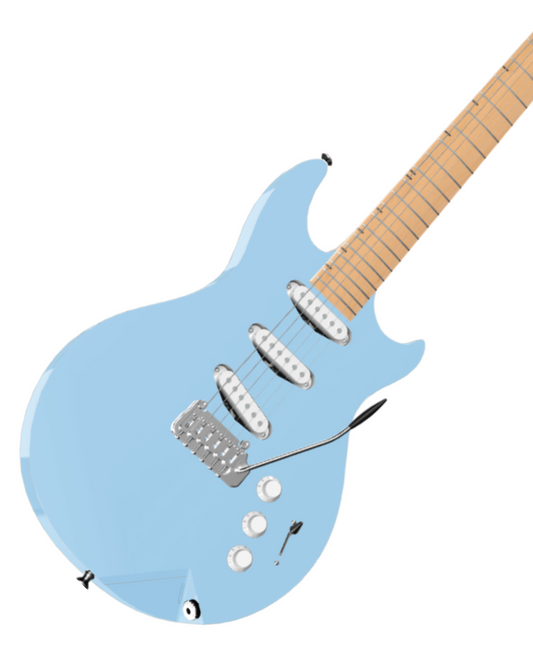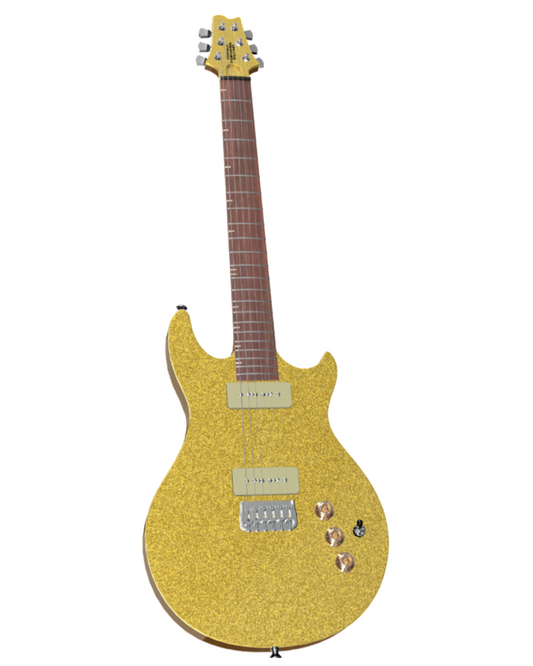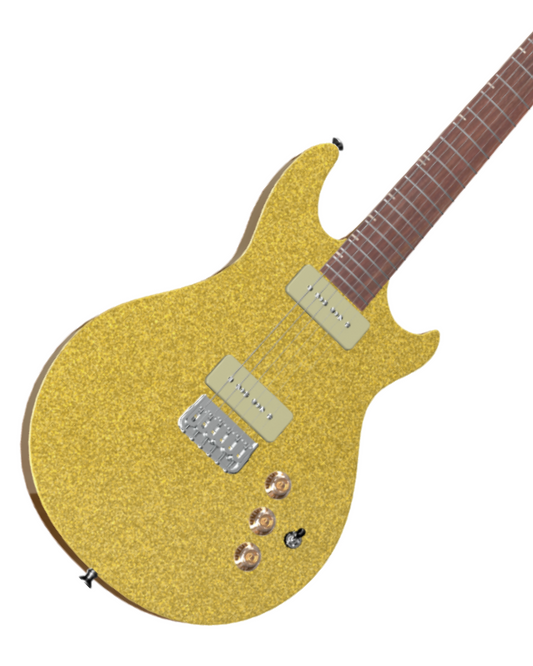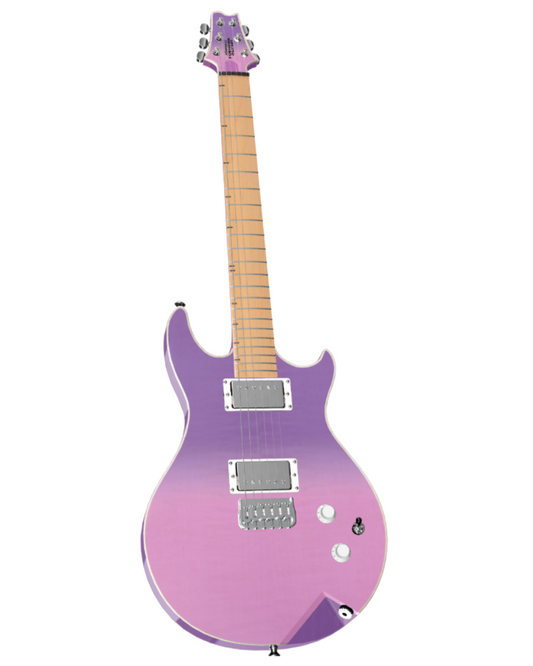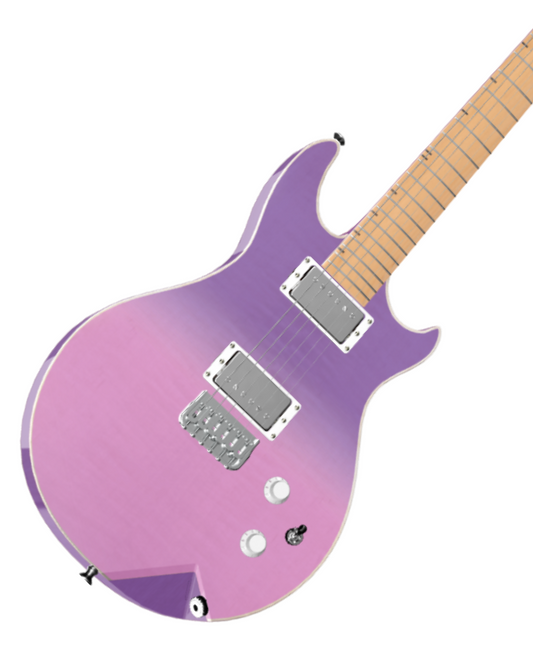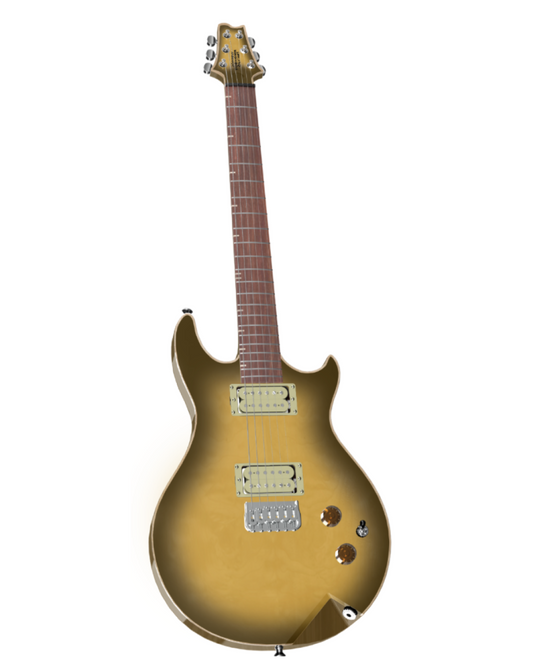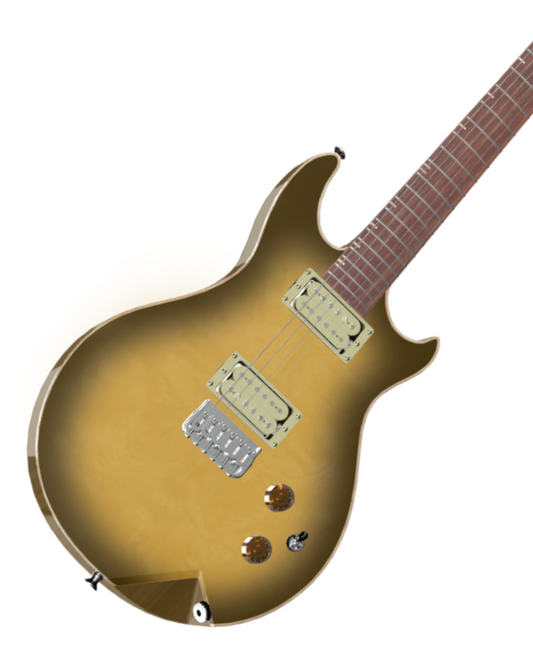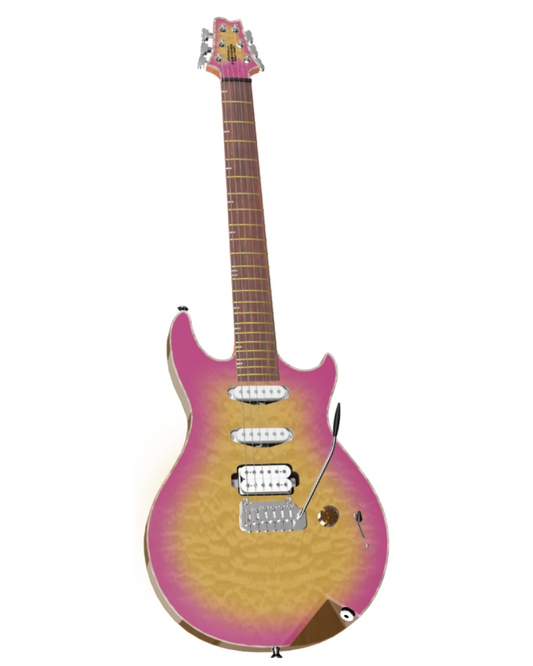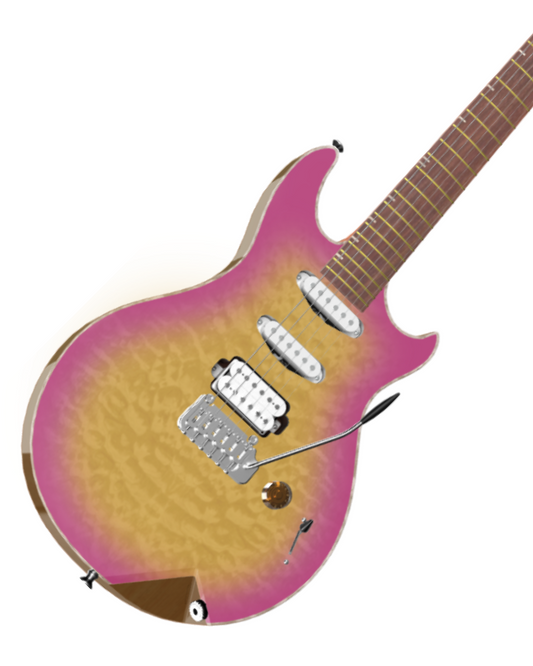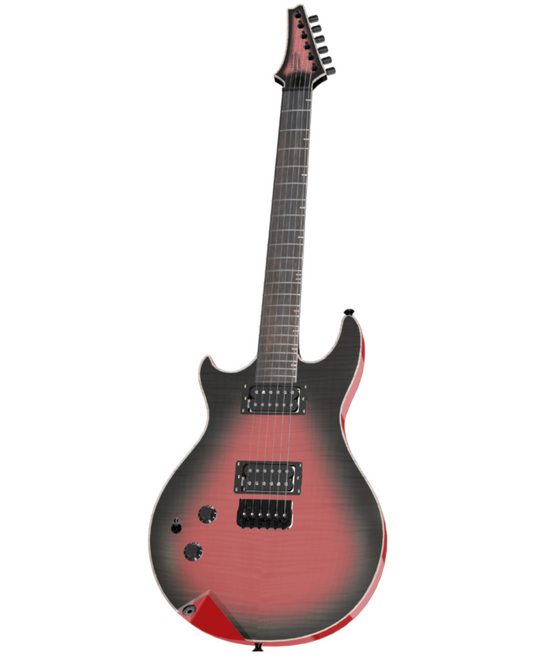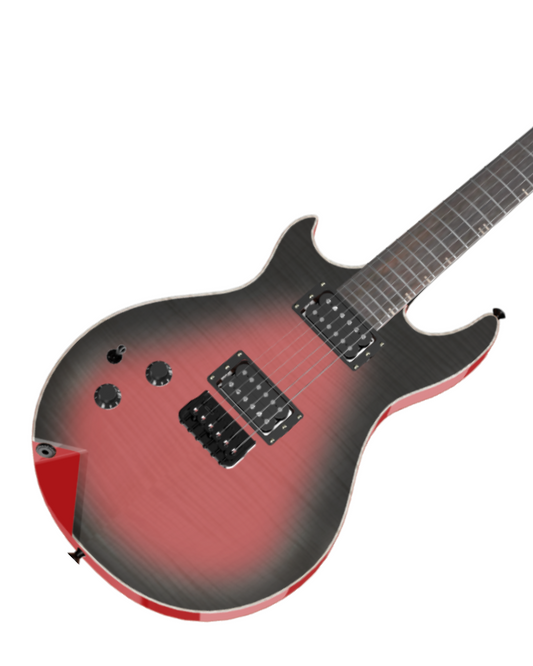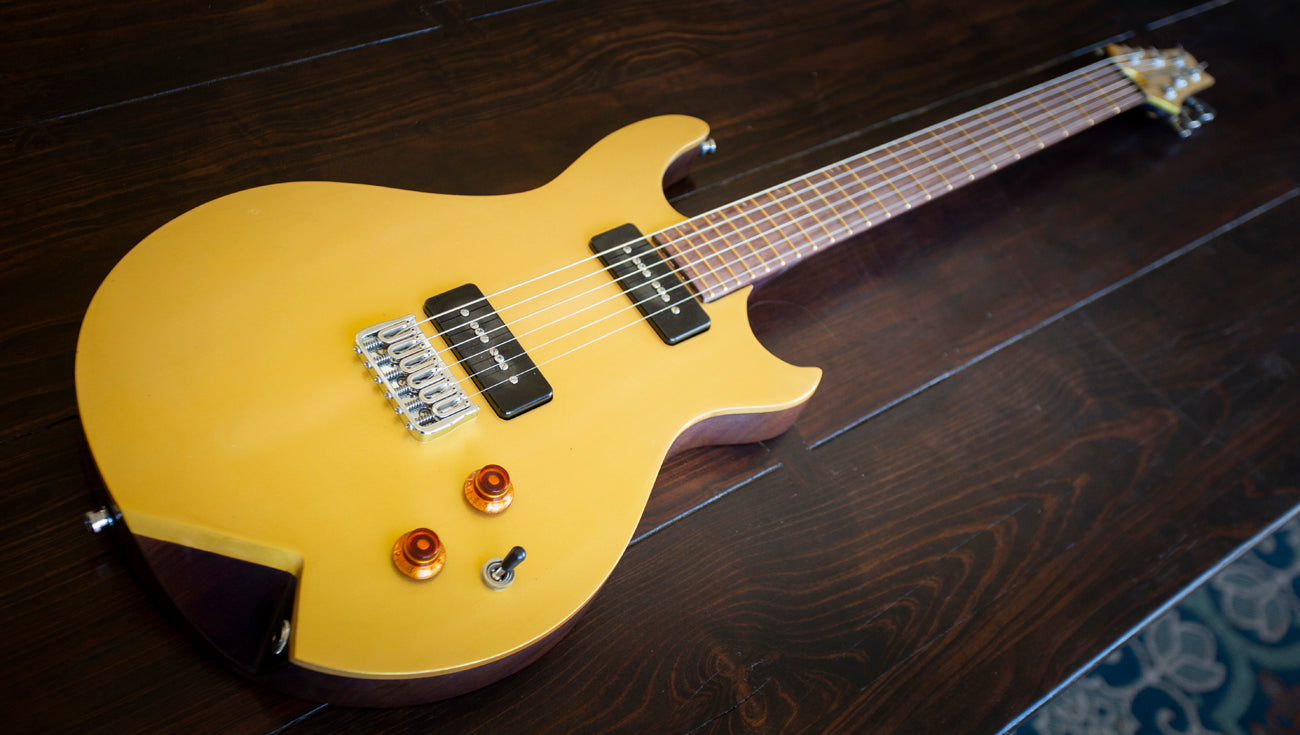Understanding the difference between linear and audio taper pots when to use which kind for which type of control.
Are you confused about the difference between linear and audio taper pots? Don't worry, you're not alone! As a guitar player, it's important to understand the different types of pots and when they're used for different types of controls.

First up, what does a potentiometer do in a guitar? In basic terms it allows a player control over either the volume or tone of a pickup (or combination of pickups) by means of a variable resistor that passes a certain amount of the pickup’s signal to ground (in the case of a volume pot) or via a capacitor to ground (tone pot).
Linear pots have a consistent resistance throughout their range of motion. This means that - in technical terms - the resistance when the knob is turned half-way is exactly half of the resistance when it's turned all the way (the 0 position on your knob).
The issue with linear pots is that the human ear doesn't process 50% resistance as 50% volume or tone. And so when the electric guitar was being developed, manufacturers started to look at other options that would provide a more pleasing roll-off of volume or tone to the human ear - and the "audio" taper pot was born.
Audio taper pots have a logarithmic resistance curve. This means that the volume or tone will increase or decrease more rapidly at the beginning of the knob's range, and then level off towards the end.
These days debate rages over whether a linear or audio taper pot is best - especially for tone controls. At JFG we use audio taper pots for both volume and tone controls because we find them most usable - and we're not alone in that. Almost all major manufacturers use audio taper for both volume and tone.
But does that mean the linear taper pot is obsolete? Not at all. If you are using a pot to blend the signal between two pickups, a linear taper pot is the way to go.
We offer a whole range of options for guitar controls, including push/pull pots to expand your sonic arsenal, and we only use full-size CTS pots.

